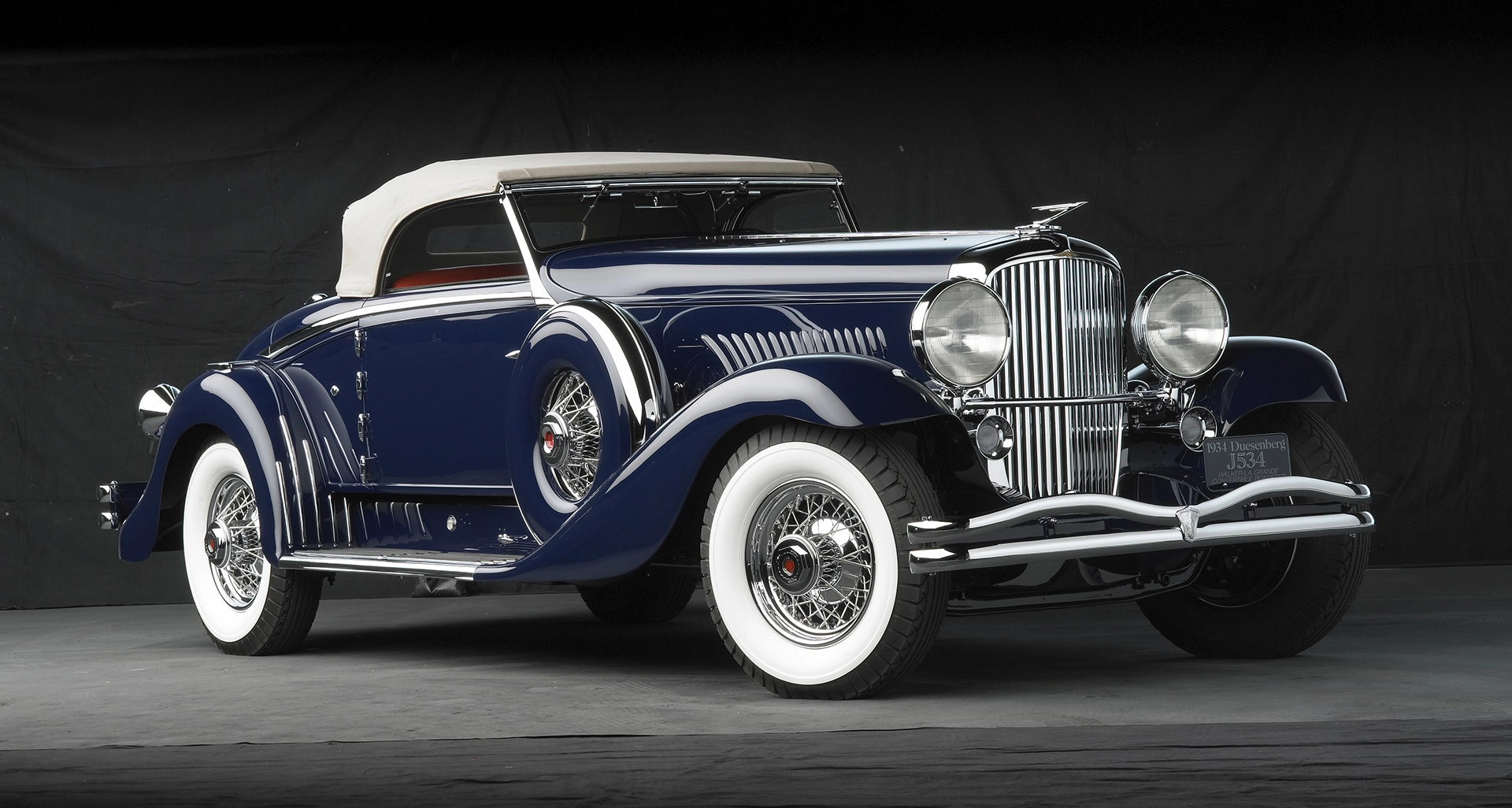The Nostalgia of Forgotten Gods: Duesenberg, USA, 1913-1937
30 June 2023 3 min read 4 images

Photo credit: Barrett-Jackson, Gooding, RM Sotheby’s, Wheelsage
In the world of collecting, Duesenbergs hold a prominent place with significant auction valuations (from a minimum of $500,000 to $5 million these days). The American brand was created in the 1910s by the brothers Frederick and August Duesenberg, who emigrated with their family from Germany to Iowa to ride the wave of the new internal combustion engine-powered transportation revolution. Their initial focus was on racing cars, which quickly proved to be very competitive.
Register to unlock this article
Signing up is free and gives you access to hundreds of articles and additional benefits. See what’s included in your free membership. See what's included in your free membership.
Already have an account? Log In


